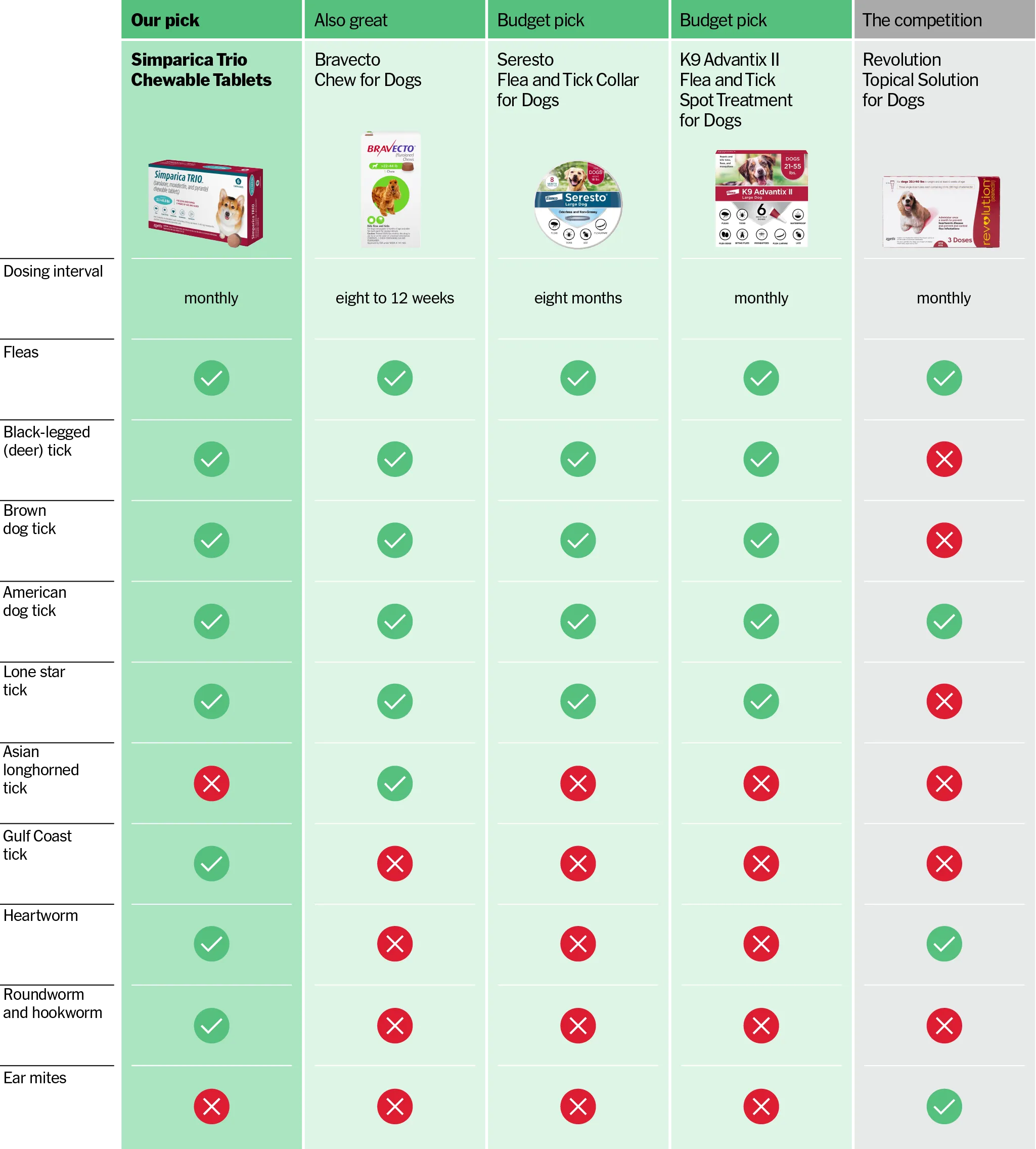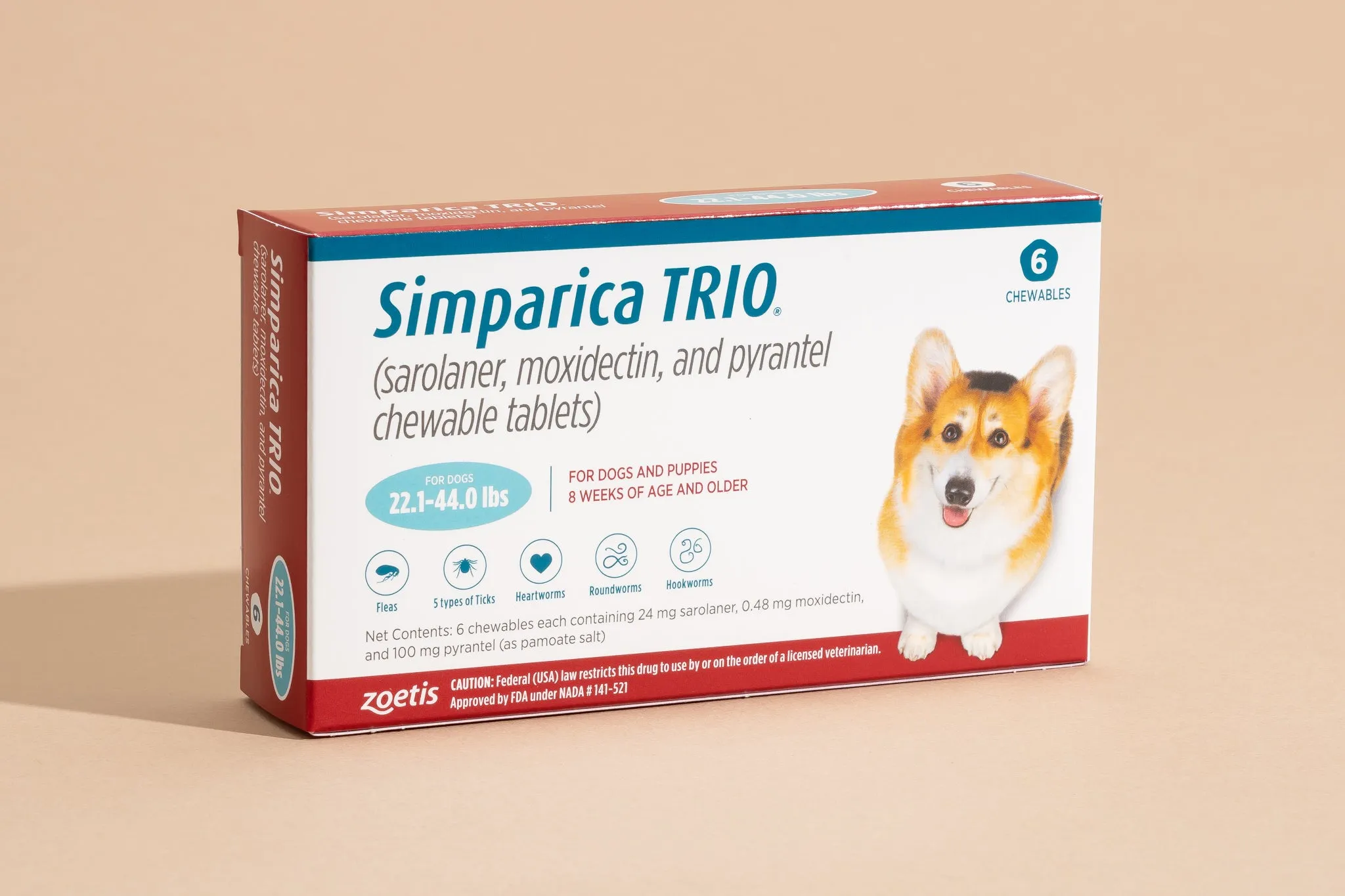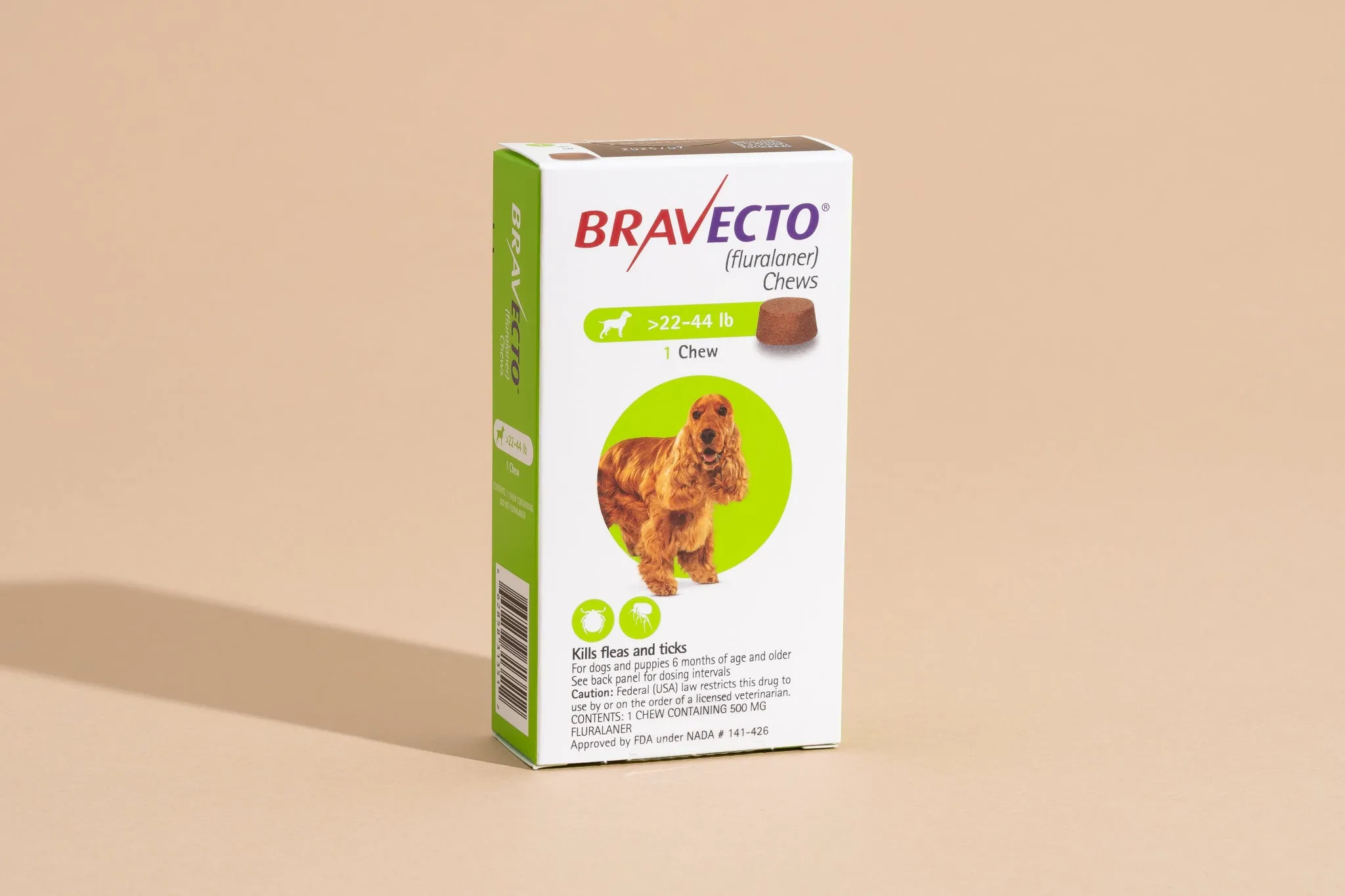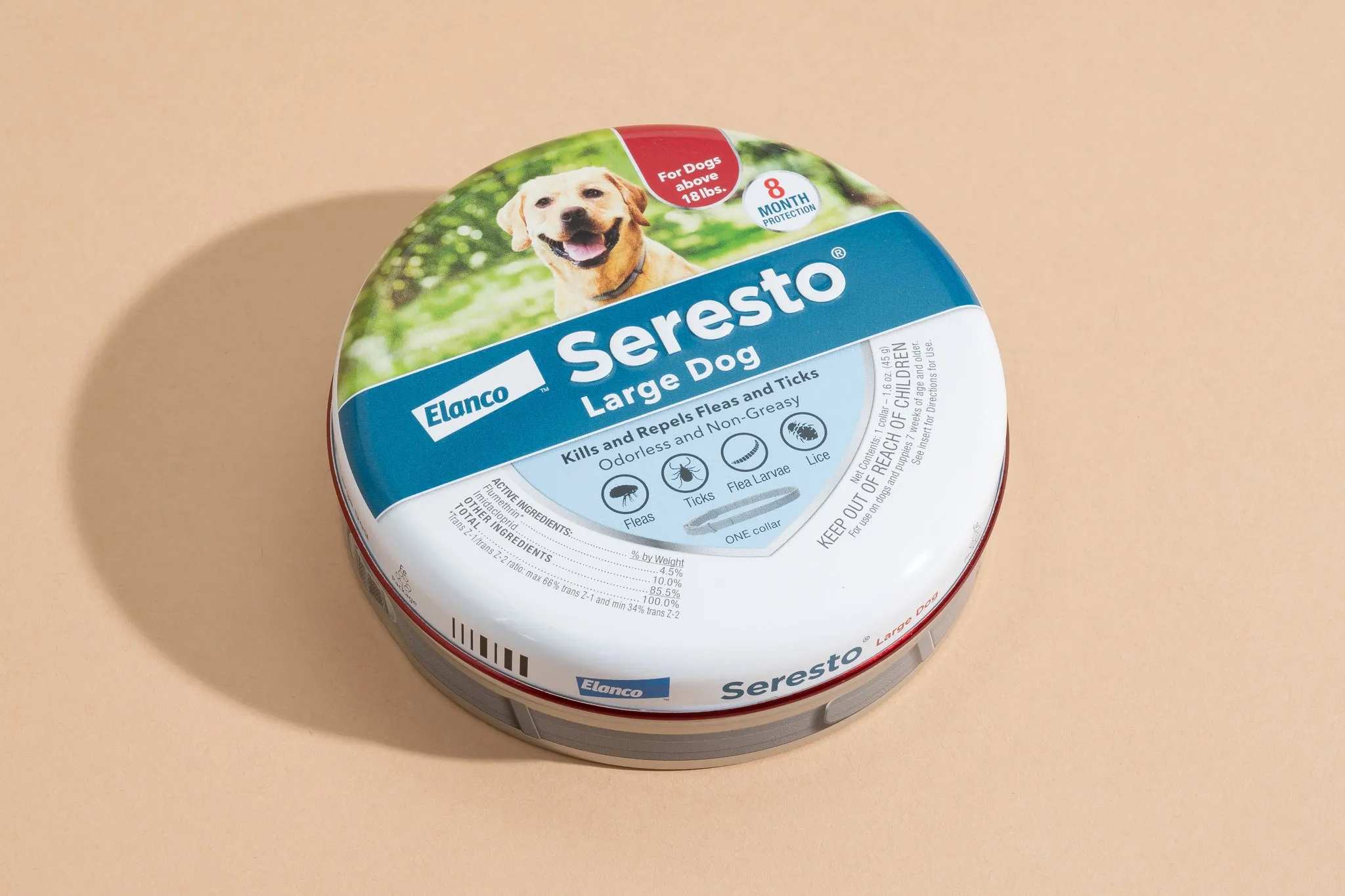Ensuring your dog is free from fleas, ticks, and internal worms is a critical aspect of responsible pet ownership. These parasites can cause discomfort, lead to serious health issues, and even transmit diseases to both pets and humans. With a myriad of products available on the market, choosing the right “Frontline Flea And Worm Treatment For Dogs” can be overwhelming. This guide will explore Frontline Plus, a popular and trusted option for external parasite control, alongside other leading comprehensive treatments that address both external and internal threats, helping you make an informed decision for your furry friend’s well-being.
Understanding Frontline Plus: A Trusted Choice for Flea and Tick Control
Frontline Plus for Dogs has been a staple in canine parasite prevention for over two decades, earning the trust of countless pet owners for its effectiveness in combating external pests. This monthly, topical spot-on treatment is designed to provide fast-acting and long-lasting control of fleas, ticks, and chewing lice. Its waterproof formula ensures protection for a full 30 days, even after bathing or swimming, provided it has had 24 hours to dry post-application.
The efficacy of Frontline Plus comes from its two active ingredients: fipronil and (S)-methoprene. Fipronil works by disrupting the nervous system of fleas, ticks, and chewing lice, leading to their death. (S)-methoprene acts as an insect growth regulator, targeting flea eggs and larvae to interrupt their life cycle and prevent new adult fleas from developing, thereby helping to control home infestations. Frontline Plus effectively kills existing fleas within 24 hours and continues to protect against various types of ticks, including deer ticks (potential carriers of Lyme disease), brown dog ticks, American dog ticks, and lone star ticks.
Applying Frontline Plus is straightforward: simply part your dog’s hair between the shoulder blades and apply the entire contents of the applicator directly onto the skin in a single spot. It’s crucial to use the correct dose based on your dog’s weight, with different formulations available for puppies as young as 8 weeks and weighing at least 5 pounds, up to large dogs weighing 132 pounds. While highly effective against external parasites, it’s important to note that Frontline Plus does not treat or prevent internal parasites like heartworm, hookworm, or roundworm. For comprehensive protection, a separate medication for these internal worms would be necessary. To learn more about targeted treatments for external parasites, consider exploring options for flea and ear mite treatment for dogs.
Beyond Frontline: Comprehensive Solutions for Flea, Tick, and Worm Prevention
While Frontline Plus excels in external parasite control, many dog owners seek all-in-one solutions that also tackle internal parasites such as heartworm and intestinal worms. The market offers several advanced treatments that provide broader protection, combining active ingredients to address a wider spectrum of threats.
Simparica Trio Chewable Tablets for Dogs: All-in-One Protection
Simparica Trio Chewable Tablets for Dogs stands out as a monthly, prescription-only chewable that offers the broadest protection at a competitive price. This liver-flavored nugget effectively kills fleas and five types of ticks, prevents heartworm disease, and treats hookworm and roundworm infections [cite: 1 (original content)]. It is approved for puppies eight weeks and older weighing at least 2.8 pounds [cite: 1 (original content)]. Simparica Trio utilizes three active ingredients: sarolaner (an isoxazoline compound) to kill fleas and ticks, moxidectin for heartworm prevention, and pyrantel to combat hookworms and roundworms [cite: 1 (original content)]. This broad-spectrum coverage makes it a highly convenient option for busy pet owners.
 A chart comparing our treatment picks for dogs and the pests they help fight.
A chart comparing our treatment picks for dogs and the pests they help fight.
One notable consideration is that while Simparica Trio covers five types of ticks, it is not currently labeled for the Asian longhorned tick. For year-round protection, purchasing a six-count package often provides the best value, though it represents a significant upfront cost. Always ensure you select the correct dosage based on your dog’s weight range, indicated by color-coded ovals on the box [cite: 1 (original content)].
Bravecto Chew for Dogs: Long-Lasting Flea and Tick Defense
For dog owners seeking less frequent administration, Bravecto Chew for Dogs offers an impressive 12 weeks of protection against fleas and some ticks, making it the longest-lasting oral treatment recommended by experts [cite: 1 (original content)]. Its active ingredient, fluralaner (another isoxazoline), is effective against home flea infestations and also kills the Asian longhorned tick, a key differentiator from some other products [cite: 1 (original content)].
 A box of Simparica Trio Chewable Tablet for Dogs.
A box of Simparica Trio Chewable Tablet for Dogs.
However, Bravecto Chew does not include protection against heartworm, hookworm, or roundworm, meaning a separate product would be needed to address these internal parasites [cite: 1 (original content)]. If your dog lives in an area with a high population of lone star ticks, the administration frequency may need to be increased to every eight weeks for full coverage, as per product label recommendations [cite: 1 (original content)]. Bravecto also offers a topical alternative for dogs with dietary sensitivities or those who dislike chews. Understanding the different types of flea treatments for dogs can help you choose the best fit for your pet’s needs.
Seresto Flea and Tick Collar for Dogs: Extended External Parasite Protection
The Seresto Flea and Tick Collar for Dogs provides a unique, eight-month defense against external parasites, making it the longest-lasting option among our picks for flea and tick control [cite: 1 (original content)]. Unlike oral treatments that require fleas and ticks to bite your dog to ingest the medication, the Seresto collar kills and repels these pests through contact, preventing them from attaching in the first place [cite: 1 (original content)]. This can be particularly beneficial in preventing the transmission of tick-borne infections.
 A box of Bravecto Chew for Dogs.
A box of Bravecto Chew for Dogs.
The collar protects against fleas, black-legged ticks (deer tick), brown dog ticks, American dog ticks, lone star ticks, chewing lice, and sarcoptic mange [cite: 1 (original content)]. While highly effective for external parasites, it does not offer protection against heartworm or intestinal worms, necessitating a separate treatment for internal parasite control. It’s also worth noting that some safety concerns regarding the collar’s release mechanism have been raised in recent years, so it’s important to monitor your pet [cite: 1 (original content)]. The collar is available in two sizes, for small dogs up to 18 pounds and for “large dogs” over 18 pounds. If you’re concerned about external parasites, it’s also worth understanding if can dog lice be transferred to humans.
K9 Advantix II Flea and Tick Spot Treatment for Dogs: Repelling External Pests
K9 Advantix II Flea and Tick Spot Treatment for Dogs is a monthly, over-the-counter topical solution that not only kills but also repels fleas, ticks, mosquitos, and biting flies [cite: 1 (original content)]. Similar to the Seresto collar, it prevents ticks from attaching to your dog, which can reduce the risk of tick-borne diseases. This product also offers the added benefit of repelling mosquitos and biting flies, which can carry heartworm disease and West Nile virus [cite: 1 (original content)].
 A tin containing a Seresto Flea and Tick Collar for Dogs.
A tin containing a Seresto Flea and Tick Collar for Dogs.
K9 Advantix II contains imidacloprid and permethrin, working on the surface of the skin and hair coat [cite: 1 (original content)]. However, because it doesn’t enter the bloodstream, it does not prevent heartworm or treat intestinal parasites like hookworm and roundworm, requiring separate medication for these. A crucial safety note is that permethrin is toxic to cats in high concentrations. If you have both dogs and cats, treated dogs must be kept separated from cats for 24 hours after application to prevent accidental ingestion [cite: 1 (original content)]. This product is available in four dosages for dogs ranging from 4 to over 55 pounds. For new puppy owners, exploring over the counter flea medicine for puppies can provide initial guidance.
Choosing the Right Treatment for Your Dog
Selecting the ideal flea and worm treatment for your dog involves considering several factors specific to your pet and your environment. First, assess the types of parasites prevalent in your area and your dog’s lifestyle. Does your dog spend a lot of time outdoors in tall grass where ticks are common, or are fleas more of a concern? Are heartworm and intestinal worms a significant risk based on your location and your dog’s habits?
Your dog’s age and weight are critical in determining the correct dosage and suitable product. Always check product labels for minimum age and weight requirements. The presence of other pets, especially cats, in the household is also a major factor, as some dog treatments like K9 Advantix II can be harmful to felines. Finally, consider your budget and your preference for administration—whether a monthly chew, a long-lasting topical, or an eight-month collar best fits your routine and your dog’s temperament. For comprehensive parasite control, it’s beneficial to understand how to choose an effective flea tick and intestinal worm treatment for dogs.
Conclusion
Protecting your dog from fleas, ticks, and worms is an ongoing responsibility that contributes significantly to their overall health and happiness. While Frontline Plus offers reliable and trusted protection against external parasites, an array of other advanced treatments like Simparica Trio, Bravecto Chew, Seresto Collar, and K9 Advantix II provide varied levels of comprehensive coverage, from long-lasting external parasite control to all-in-one solutions for both external and internal threats.
Ultimately, the best approach is to consult with your veterinarian. They can provide personalized recommendations based on your dog’s health profile, lifestyle, and the specific parasite risks in your region. By staying informed and working with your vet, you can ensure your beloved canine companion receives the most effective and appropriate “frontline flea and worm treatment for dogs” and enjoys a healthy, parasite-free life.
